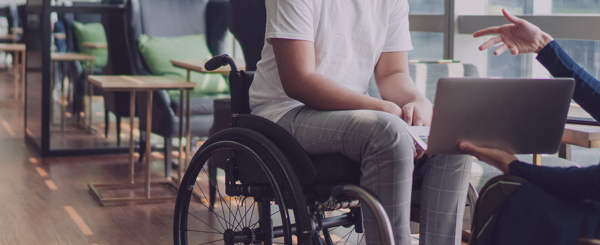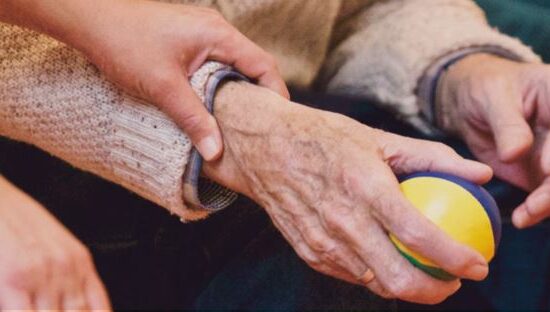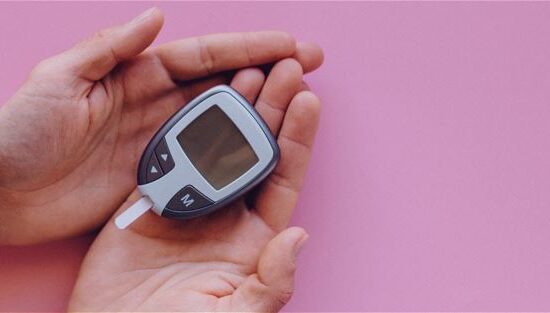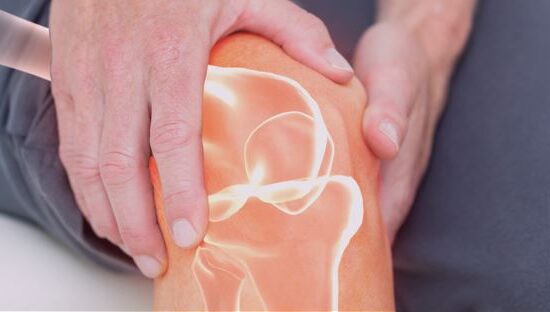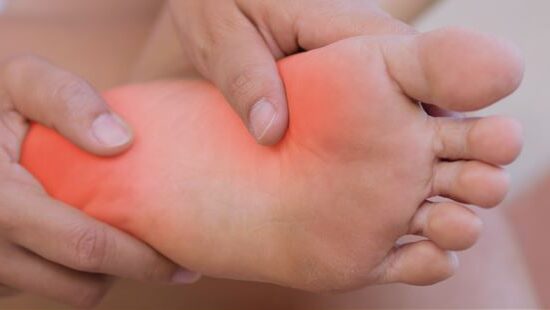What is a stroke?
A stroke corresponds to a neurological deficit occurring suddenly and abruptly, of vascular origin and happening in the brain.
Where does it come from?
There are two types of strokes: ischemic, the most common, or hemorrhagic.
Ischemic stroke:
This involves a cerebral infarction. It occurs after ischemia (interruption of blood circulation), due to the obstruction of a cerebral artery or an artery bound for the brain. This obstruction is generally caused by a thrombus (blood clot). The brain thus is deprived of the oxygen and glucose transported by the blood, resulting in a neurological deficit.
Cerebral hemorrhage:
The stroke is caused by the rupture of a blood vessel in the brain. This occurs when the blood vessel, often previously damaged by different weakening factors (alcohol, cigarettes), is subject to too much pressure. High blood pressure or the rupture of a cerebral aneurism are frequent causes of hemorrhagic strokes. Irrigation of the blood in the brain is at the origin of the neurological deficit.
There are many risk factors for stroke, such as:
- High blood pressure;
- Hypercholesterolemia;
- Smoking;
- Inactivity;
- Obesity;
- Diabetes;
- Alcohol abuse;
- Drug consumption (cocaine and amphetamines);
How can it be recognized?
Warning signs may occur shortly before a stroke. Noted among them are the sudden appearance of:
- A loss of motor skills and sensitivity (numbness) in an arm, a leg or half of the face, or even on an entire side of the body;
- Elocution and oral motor problems;
- Confusion, difficulty expressing oneself;
- A disorder or loss of vision in an eye;
- Intense headaches;
- Balance and/or walking disorders and/or falls.
A stroke may result in various neurological damage differing according to the severity of the stroke and the cerebral region affected. Apart from the behavioral symptoms, personality, behavioral, mood, and inhibition disorders are identified, among others. Cognitive disorders often involve amnesia (partial or total), language disorders or attention deficit and concentration disorders resulting in cognitive and physical fatigability.
Solutions supporting people with stroke
Take advantage of assistance to mobility and accessibility
A wide range of support products and services exist in several fields. They help improve the quality of life both of the patient and the natural caregivers. Many solutions for assistance in walking and mobility, residential adaptation or home help and comfort are available to support stroke victims. They seek to respond to patients’ lesser and greater needs for assistance while providing them with comfort, independence, and safety.

